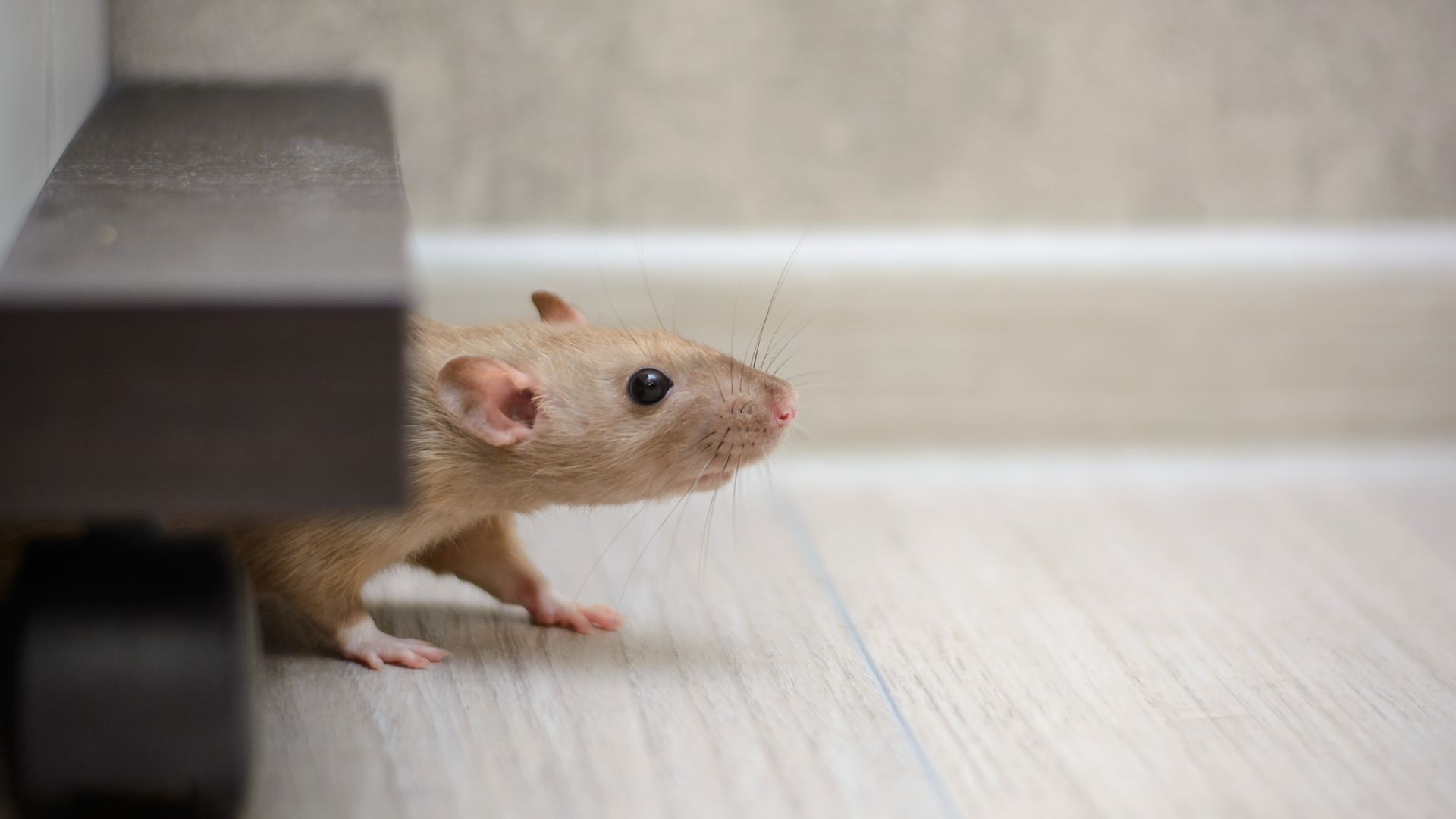Yes, grasshoppers are capable of biting, but their bites are generally not a cause for concern to humans. Grasshoppers have mandibles, which are specialized mouthparts designed for chewing plant material. While their primary diet consists of various plants, they may occasionally bite if they feel threatened or if they mistake a person's skin for plant material. However, grasshopper bites are usually harmless and rarely result in any significant injury. These insects are not venomous, and their bites are not known to transmit diseases. In most cases, any discomfort or minor irritation from a grasshopper bite can be alleviated with basic first aid measures, such as cleaning the area and applying a mild antiseptic. It's important to note that grasshoppers are generally more interested in consuming plants than biting humans, and they play a vital role in ecosystems as herbivores.
When Do Grasshoppers Bite?
Grasshoppers are herbivorous insects, and their primary purpose for having mandibles is to chew and consume plant material. However, there are situations in which a grasshopper might bite, even though it's not their typical behavior. Here are some scenarios in which a grasshopper might bite:
- Mistaken Identity: Grasshoppers might bite if they mistakenly land on a human or animal and perceive them as a plant or some other surface they can chew. This is often a reflex action and not an intentional bite.
- Feeling Threatened: Like many animals, grasshoppers may bite if they feel threatened or cornered. They may use their mandibles defensively when they perceive a potential predator or danger.
- Handling: If you handle a grasshopper, especially if you do so roughly or in a way that makes them feel threatened, they may bite in self-defense. It's important to handle them gently if you need to move them.
- Aggressive Behavior: In some cases, male grasshoppers may exhibit territorial or aggressive behavior toward each other, including biting during disputes over mates or territory.
- Irritation: If a grasshopper lands on a person's skin and is unable to find a suitable surface to grip, it might nibble or bite out of irritation.
Grasshopper bites are usually not painful or harmful to humans. They lack venom, and their bites are not known to transmit diseases. Additionally, grasshoppers are not naturally inclined to bite people, and their primary focus is on consuming plants for sustenance.
Grasshopper Bites
A grasshopper bite typically appears as a small, red, or slightly swollen area on the skin. The bite mark may resemble a tiny puncture or pinprick. The exact appearance can vary depending on factors such as the grasshopper's size, the force of the bite, and an individual's skin sensitivity.
Key characteristics of a grasshopper bite:
- Small Puncture: Grasshopper mandibles are relatively small and not designed for deep or extensive biting. As a result, the bite mark is usually a small puncture wound.
- Redness: The area around the bite may become red or inflamed due to the body's natural response to the injury.
- Swelling: There may be some minor swelling around the bite site, but it is typically not severe.
- Itching or Mild Discomfort: Some people may experience mild itching or discomfort at the site of the bite. This is usually due to the body's reaction to the grasshopper's saliva, which may be deposited during the bite.
- No Venom or Toxin: It's important to note that grasshoppers do not inject venom or toxins when they bite, so their bites are not poisonous.
In most cases, a grasshopper bite is not a cause for serious concern, and the discomfort is typically mild and short-lived. Basic first aid, such as cleaning the area and applying a mild antiseptic, can help prevent infection and alleviate any discomfort. If there are signs of an allergic reaction or if the bite becomes infected, it is advisable to seek medical attention.
How To Treat A Grasshopper Bite
Treating a grasshopper bite is usually straightforward, as these bites are not typically severe. Here are the steps you should take to treat a grasshopper bite:
- Wash the Area: Begin by gently washing the bite area with soap and warm water. This helps remove any potential contaminants and reduces the risk of infection.
- Apply Antiseptic: After cleaning the bite, apply a mild antiseptic or hydrogen peroxide to the wound. This can help prevent infection. Avoid using harsh or concentrated antiseptics, as they may irritate the skin.
- Ice Pack (Optional): If there is any swelling or discomfort, you can apply a cold compress or ice pack wrapped in a cloth to the affected area. This can help reduce swelling and numb the area, providing some relief.
- Over-the-Counter Pain Relief: If the bite is causing pain or discomfort, you can consider taking over-the-counter pain relievers like ibuprofen or acetaminophen following the manufacturer's instructions.
- Keep it Clean: Keep the bite clean and dry. Avoid scratching the area, as this can introduce bacteria and potentially lead to infection.
- Watch for Signs of Infection: Monitor the bite for signs of infection, such as increased redness, warmth, swelling, or the presence of pus. If you suspect an infection, consult a healthcare professional.
- Allergic Reactions: If you experience any signs of an allergic reaction, such as hives, difficulty breathing, or swelling of the face, lips, or tongue, seek immediate medical attention. Grasshopper bites are not typically allergenic, but individual reactions can vary.
- Seek Medical Advice (If Needed): While grasshopper bites are generally harmless, if you experience severe pain, a large local reaction, or if the bite shows no improvement after a few days, it's advisable to consult a healthcare professional for further evaluation and treatment.
Remember that grasshopper bites are usually minor and do not pose significant health risks. However, it's essential to keep the bite clean to prevent infection and to seek medical attention if you have any concerns about the bite's severity or if you experience an unusual or severe reaction.

